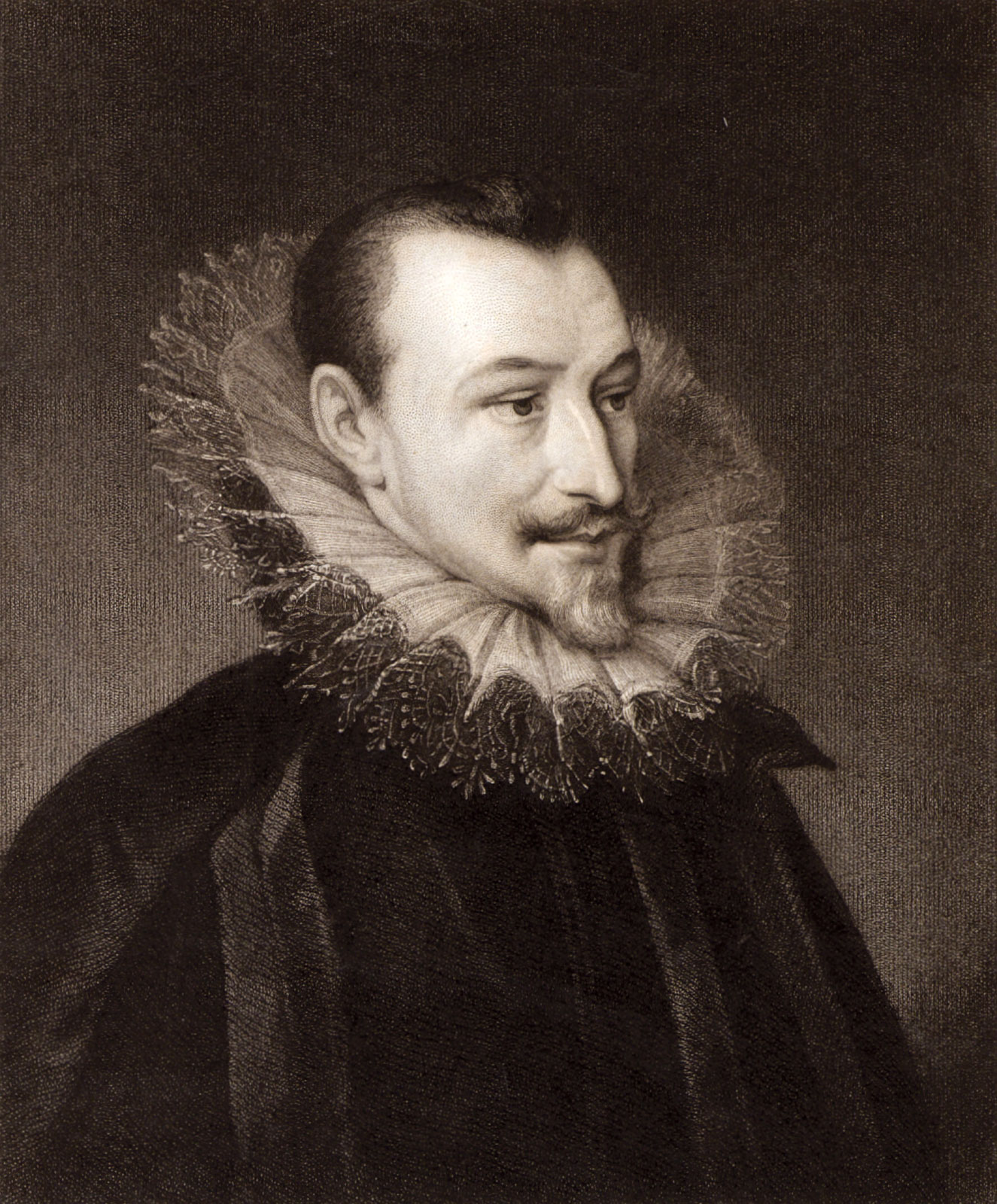We are continuing this week with the works of Edmund Spenser, who was an older contemporary of Shakespeare (he died in 1599, the year that Shakespeare was writing Hamlet) and is credibly one of the most important poets of the English Language. Shakespeare and his contemporaries were inspired by Spenser and many of them even copied him.

If you’d like to see other poems on the Daily Sonnet by Edmund Spenser, visit the Spenser author page here.
Sonnet 1 by Edmund Spenser
Happy ye Leaves, whenas those lilly Hands,
Which hold my Life in their dead-doing Might,
Shall handle you, and hold in Love’s soft Bands,
Like Captives trembling at the Victor’s Sight.
And happy Lines, on which with starry Light,
Those ramping Eyes will deign sometimes to look,
And read the Sorrows of my dying Spright,
Written with Tears in Heart’s close bleeding Book,
And happy Rimes bath’d in the sacred Brook
Of Helicon, whence she derived is,
When ye behold that Angel’s blessed Look,
My Soul’s long-lacked Food, my Heaven’s Bliss.
Leaves, Lines, and Rimes, seek her to please alone;
Whom if ye please, I care for other none.
